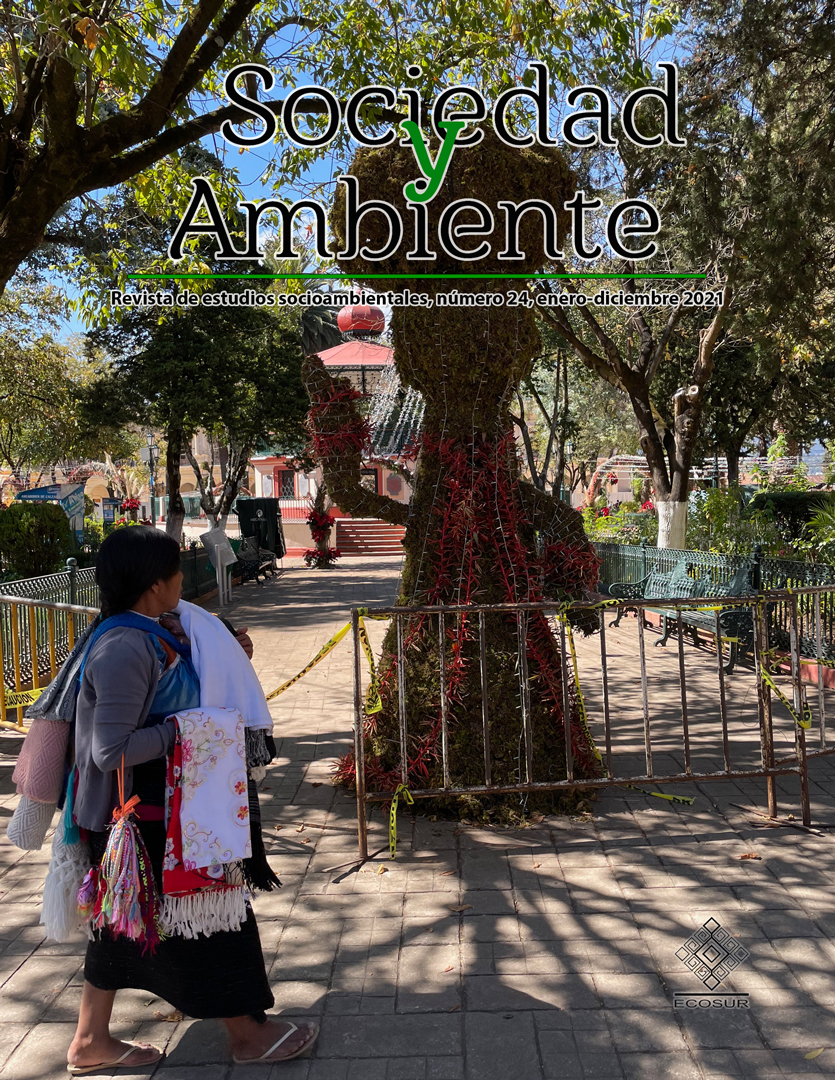Abstract
We carried out this research in the city of Delicias, Chihuahua. The objective was to know the population's perception and knowledge about environmental problems, seeking to associate their responses with territorial marginalization levels. A proportional random sampling was carried out in the city, starting from the marginalization level according to Basic Geostatistical Areas (AGEB, by its initials in Spanish) of the National Population Council (CONAPO, by its initials in Spanish). A specially designed survey was applied directly to households. We used statistical analysis techniques for continuous and categorical data. The results show that the activity perceived as causing the most significant environmental damage is industry (80.20 %), followed by agriculture (13.80 %) and livestock (5.20 %). In contrast, as a problem that directly affects people, the industry ranked fifth. On the other hand, only 5.72 % of those interviewed indicated the absence of diseases, with diabetes appearing first, followed by hypertension and cancer. The marginal zone and the level of studies showed a strong association with the people's level of environmental perception, detecting that the greater the marginalization, the greater the lack of knowledge about environmental issues, and the greater willingness to participate in mitigation actions.

Sociedad y Ambiente by ECOSUR is licensed under a Creative Commons Reconocimiento-NoComercial-SinObraDerivada 2.5 México License


